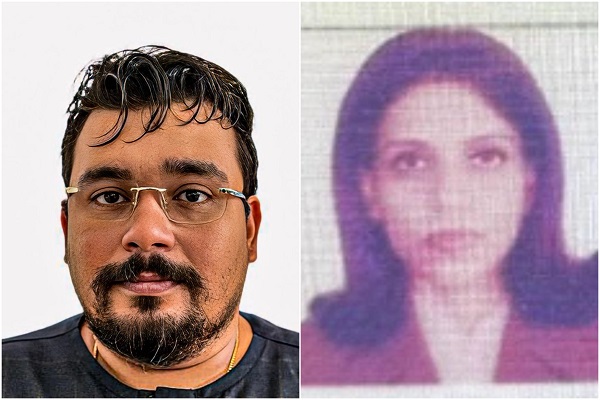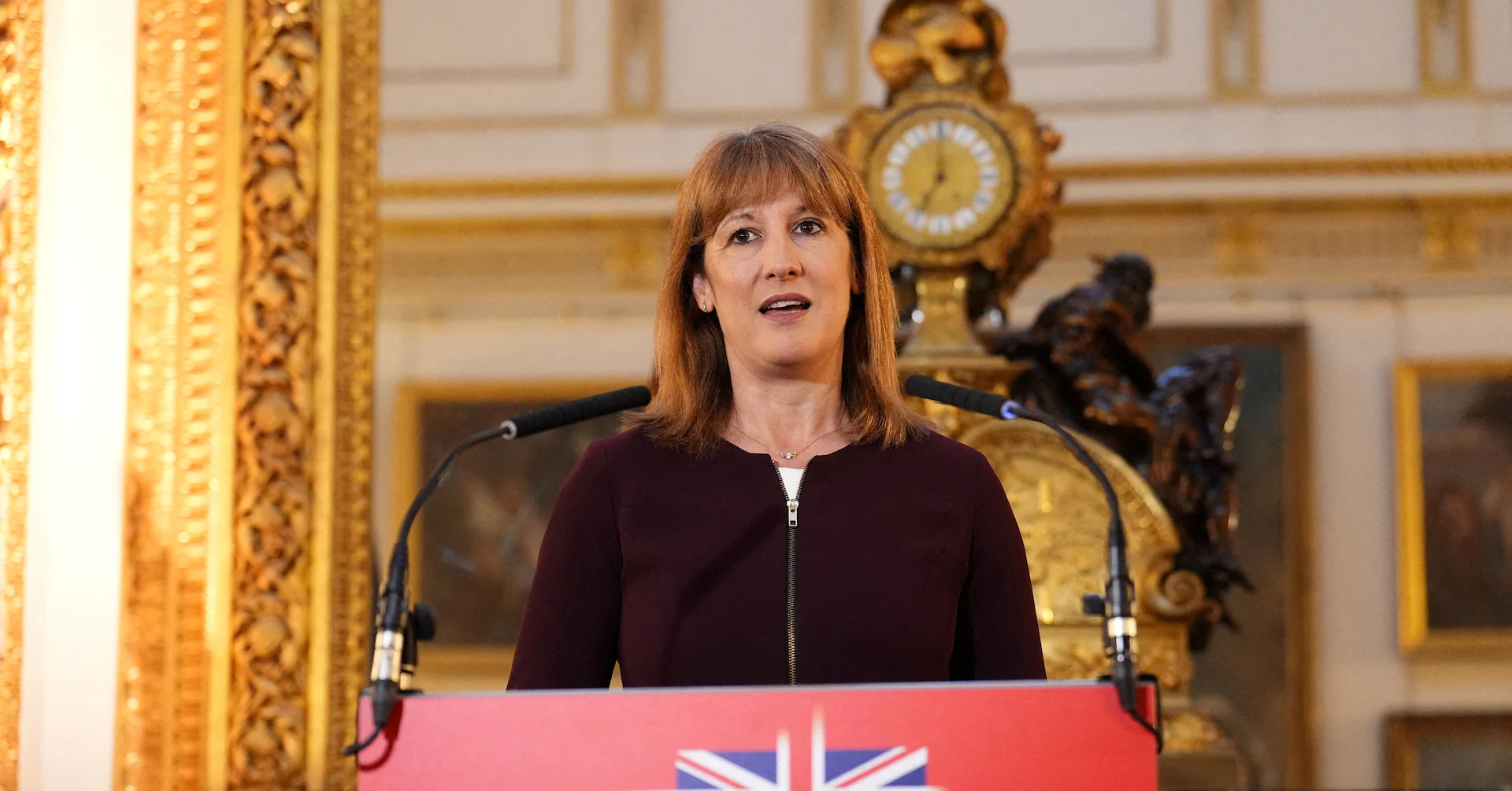Identity discrepancies raise questions about Ghana’s citizenship and documentation systems – GhanaWeb
By Ghanaweb
Copyright ghanaweb

Vasu Hands (L) and Niharika Gautam are two Indians implicated in the report
Fresh concerns have emerged about the strength of Ghana’s citizenship and documentation processes, following reports that some foreign nationals – Niharika Handa and her son, Vasu Handa – obtained Ghanaian citizenship despite alleged unresolved inconsistencies in personal records.
Investigators earlier raised concerns about how Handa and her son, Vasu Handa, obtained Ghanaian citizenship and passports after residing in the country for fewer years than the mandatory requirement, and why the birth year listed in her Ghanaian passport (September 14, 1965) differs from that in her Indian passport (September 14, 1961).
According to subsection (2) (a) and (b) of section 14 of the Citizenship Act 2000, a person qualifies for naturalisation if:
(a) He has resided in Ghana throughout the period of twelve months immediately preceding the date of the application,
(b) During the seven years immediately preceding the period of twelve months, he has resided in Ghana for periods amounting in the aggregate to not less than five years.
From Wanted to Ghanaian Citizen: How foreign fugitives allegedly use Ghana as a haven for fraud
These discrepancies appear on travel documents, identity cards, and tax records. Analysts say such inconsistencies raise questions about whether Ghana’s verification systems are robust enough to detect potential cases of identity fraud.
Section 18 of the Citizenship Act 2000, which talks about deprivation of citizenship, states that a person may be deprived of their citizenship if any of the following apply: Fraud or Misrepresentation, Serious Criminal Conviction, amongst others.
Lawyers for Niharika Handa and her son, Sory & Partners @Law, in a response to an earlier publication on GhanaWeb, described the discrepancies as clerical errors.
Investigators, however, note that the same information has been allegedly used across several Ghanaian institutions without signs of correction.
Reports also suggest that company records were allegedly updated to reflect the date of birth on the Ghanaian passport, which now matches the national identity card.
Beyond Ghana, investigators say similar inconsistencies have appeared in records in other jurisdictions, including documents tied to business and banking activities.
This pattern, analysts argue, underlines the need for Ghana to strengthen inter-agency checks between the National Identification Authority, the Passport Office, Immigration, and the Registrar-General’s Department.
Concerns have also been raised over the naturalisation process.
Some experts suggest that more rigorous due diligence, such as mandatory police clearance certificates from applicants’ home countries and stronger cross-border data checks, would help prevent future discrepancies.
Intelligence sources warn that unresolved identity issues can undermine the credibility of Ghanaian citizenship, travel documents, and financial systems.
Analysts caution that identity discrepancies, if unchecked, may open doors to wider financial or criminal risks, and stress the importance of closing gaps before they are exploited.
Indian-Ghanaian business mogul Niharka Handa reacts to allegations of being a fugitive
Sory & Partners @ Law
After several unsuccessful attempts to reach Ms. Handa directly for comment, the article was shared with her lawyers, Sory & Partners @ Law, for a response.
In their reply, the lawyers stated:
“Now you state nothing here in respect of which you desire clarification. There is a lot of information in my letter to you. If you read it, you would have seen them. I don’t see you wanting any fairness in this matter. You have not asked your client to explain any of the issues in this matter.”
When pressed further, the lawyer added:
“I am not inclined to answer you for a number of reasons:
1. You are unconcerned about the issues raised regarding your client.
2. You are not concerned that most of your allegations have been answered, but you refuse to retract.
3. A clerical error, or even if intentional, is no reason to call them a fraud, etc Would citizenship have been denied only because of the error in the year of birth?”
The lawyers emphasised that in their view, the discrepancies cited should not automatically be characterised as fraud, reiterating their earlier position that the differences in records were the result of clerical errors.



